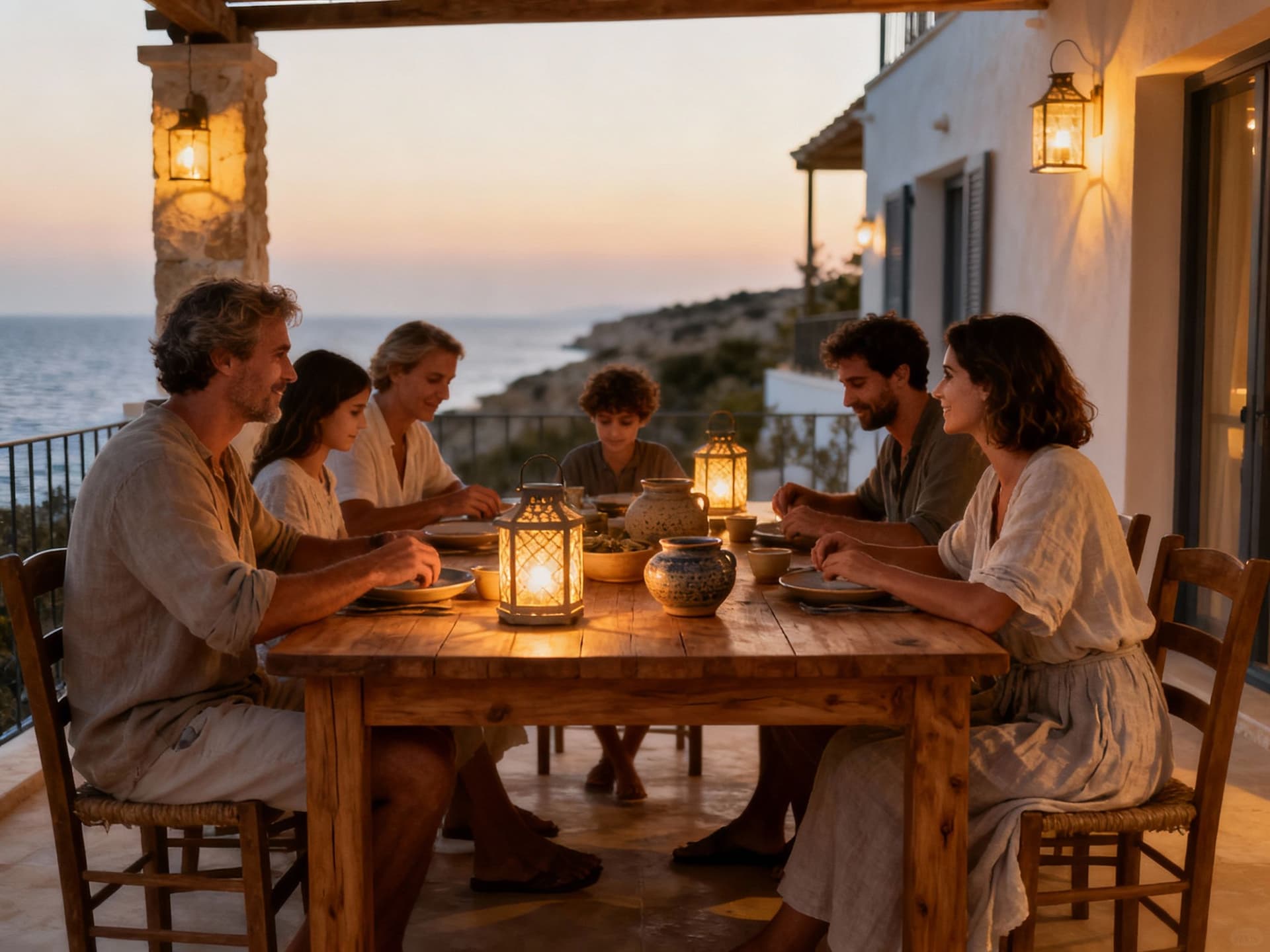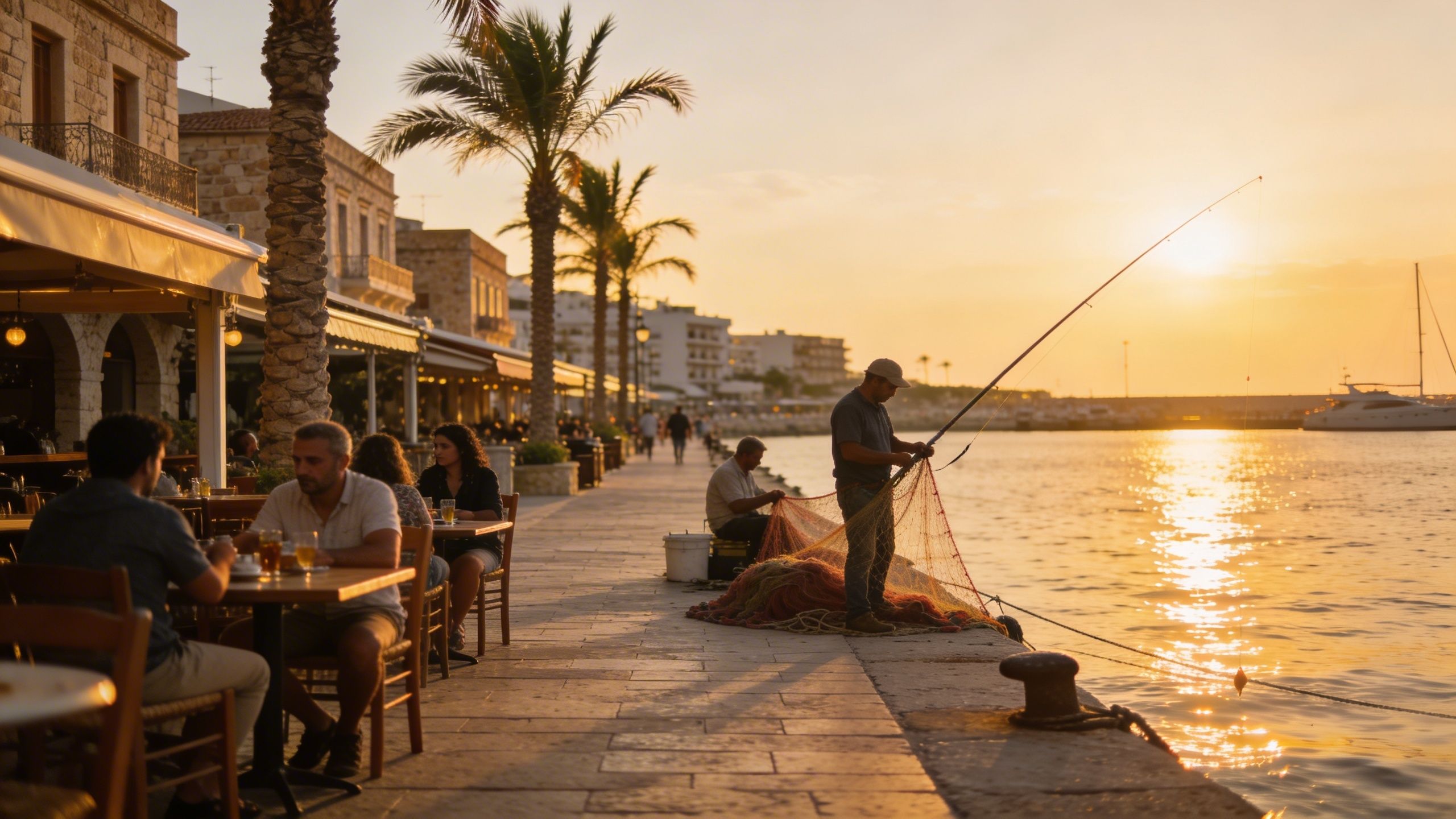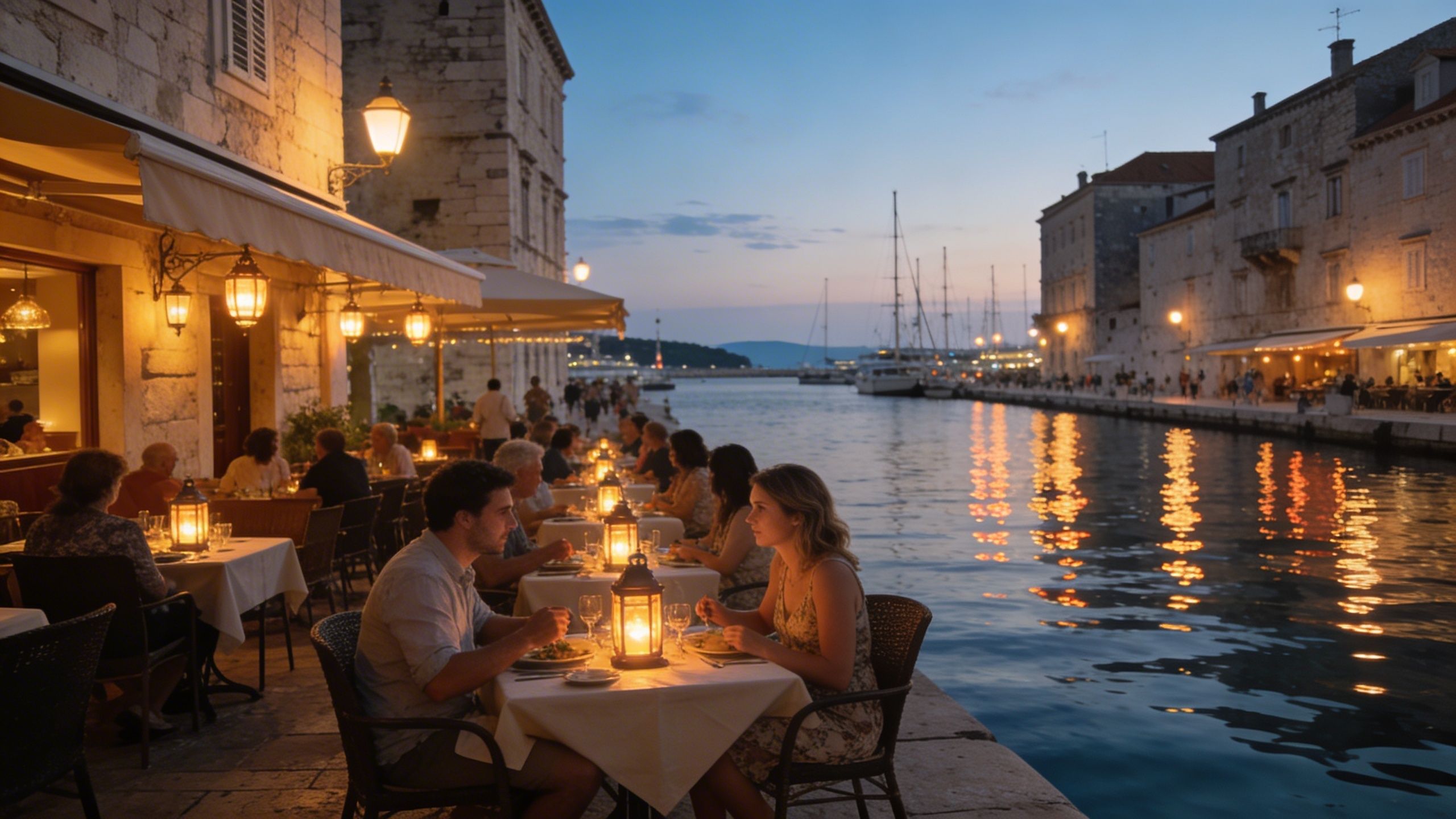Cyprus Risk Playbook: Insurance & Buyer Protections
Practical insurance and buyer-protection strategies for Cyprus buyers who seek lifestyle and long-term security, with seasonal and neighbourhood-specific advice.
Imagine a late-afternoon walk along Limassol’s palm-lined promenade: cafés spill onto pavements, the Adriatic light gilds limestone façades and conversation drifts between Greek, Arabic and English. It is easy to fall in love with Cyprus for its convivial street life and measured pace; what is harder is reconciling that idyll with the practicalities of cross‑border buying and sensible protection. In this piece we dwell in the life you might lead here—market rhythms, neighborhood character and seasonal life—and then set out the insurance and buyer-protection strategies that preserve it. The island’s resilient growth and rising foreign demand give reason for optimism, yet they make careful risk management essential for anyone relocating or investing here.
Living Cyprus: atmosphere, seasons and neighbourhoods

Cyprus is not a single mood but a collection of rhythms: coastal mornings in Limassol and Paphos, the meditative quiet of the Troodos foothills, and the more restrained tempo of Nicosia’s old quarters. Summers mean outdoor living—terrace meals, afternoon swims and late passeggiatas—while winters are mild, the island favouring daylight over the hard cold of northern Europe. These seasonal shifts matter for insurance and maintenance: salt-laden air alters building fabric on the coast, while interior heating needs and damp risk rise inland during winter rains. Understanding how life changes with the seasons clarifies the practical protections you should buy.
Limassol & Molos: coastal polish with commercial pulse
Limassol combines a compact, historic core with new marina developments and a steady inflow of business to its waterfront. A morning espresso at Franky’s on Archbishop Kyprianou Road shows the mix of entrepreneurs and families who frequent the marina; evening brings tavernas serving fresh fish and local commandaria. Properties here demand coastal-appropriate cover: wind, storm and salt corrosion are real considerations for façades, external joinery and rooftop plant. Buyers who prize proximity to cafés and cultural life should match that lifestyle with adequate property and contents cover that explicitly includes coastal perils.
Troodos villages: stone, slates and slow winters
Move inland and the sensory vocabulary changes: lime-washed churches, slate roofs, pine-scented air and kitchen fires in winter. Traditional stone houses in Kakopetria and Omodos are rich in character but bring specific insurance and refurbishment needs—timber beams, lead flashing and stone mortar require specialist assessment. Moisture ingress after winter storms and the cost of sympathetic repairs are the main long-term exposures. For buyers attracted to this quieter life, a survey that anticipates maintenance rather than patch repairs will protect both lifestyle and capital.
Making the move: insurance, legal shields and practical steps

Between dream and deed sits a brief dossier of legal and insurance choices. Residency pathways and investment thresholds remain influential in demand—Cyprus continues to offer residency-by-investment routes that shape buyer profiles and pricing dynamics. For the purchaser, the immediate priorities are clear: obtain independent title verification, secure a local lawyer who specialises in cross-border conveyancing, and place tailored insurance before taking physical possession. Properly sequenced, these steps guard you against the common pitfalls of purchase and early ownership.
Property types and their protection needs
Modern seafront apartments, renovated townhouses and rural stone cottages each bring a distinct profile of risk. New-builds often have developer warranties but can suffer from construction defects; restored properties have hidden structural and utility risks that only a specialist survey will reveal. Insurable interests therefore vary: structural damage, subsidence and storm-related losses are common coastal concerns; for older houses, latent defects and electrical installations merit explicit cover. Match policy wording to the building’s provenance and likely exposures rather than buying a generic pack.
Working with local experts who respect the lifestyle
An agent’s intimacy with neighbourhood rhythm—coffee shops, evening markets, sea breezes—matters as much as their knowledge of contract clauses. Choose advisers who understand the architectural vernacular of the area and who can recommend insurers and surveyors with relevant expertise. Insist your lawyer checks the Land Registry for title issues and confirms whether any building was constructed without permits; these are not rare and will materially affect both insurability and resale. The right team preserves the life you imagine as much as the asset itself.
- Practical protections to arrange before completion
- Comprehensive buildings insurance with specific cover for coastal salt corrosion and storm damage
- Professional indemnity or warranty checks on any developer promises and a retention until final completion
- Title insurance where Land Registry history is incomplete, and an independent structural survey for older properties
Insider knowledge: red flags, seasonal timing and clever trade-offs
Seasonality shapes not only the way Cypriots live but how risk materialises. Autumn storms test coastal defences; winter brings moisture into stone walls and exposes defective flashings. Conversely, late autumn and early spring can be the sensible time to move or to arrange surveys—fewer tourists make access simpler and repairs are scheduled before the busy summer. That said, buyers seduced by the spectacle of July may overlook maintenance backlogs revealed only in the shoulder months. The contrarian play is to house-hunt when the island’s maintenance needs are visible.
Five red flags expats often miss
- 1. Absence of clear title deeds or incomplete Land Registry entries
- 2. Developer warranties not specifically documented or dependent on non-contractual claims
- 3. Underinsurance of contents and external fixtures (awnings, pergolas, solar panels)
- 4. Poorly maintained drainage and retaining walls which expose you to flood or landslip risk
- 5. Overreliance on verbal assurances about residency or VAT treatment without documentary backup
A practical, numbered checklist to protect your purchase
- 1. Commission a full structural survey and obtain a written snagging list from a chartered surveyor
- 2. Ask your lawyer to run a Land Registry search, check planning permissions, and confirm any encumbrances
- 3. Buy buildings and contents insurance that explicitly names coastal perils if applicable; include alternative accommodation cover for lengthy repairs
- 4. Consider title insurance where deeds are missing or transfers were historic and incomplete
- 5. Retain a percentage of payment in escrow until certificates of completion and utility clearances are provided
Why title insurance matters in Cyprus
Even with improving registry services, gaps in title history persist and have real financial consequences. Title insurance is a pragmatic hedge against historical defects, forged documentation or undisclosed encumbrances; it is especially pertinent for non-resident buyers who may lack the time and presence to chase complex rectifications. The policy cost should be weighed against potential legal fees and remediation costs—often a small premium for fully peaceable ownership.
Conclusion: living well and protecting the life you buy
Cyprus offers a life shaped by generous light, convivial neighbourhoods and a quietly cosmopolitan civic culture; these are the reasons buyers are drawn here. To preserve that life—and your capital—pair your lifestyle decisions with targeted protections: specialist surveys, precise insurance wording and legal safeguards. Work with advisers who can speak both to the craft of a property and the specifics of Cypriot law and market practice; the right local team turns the dream of daily coffee on a shaded terrace into an ownership that endures. If you would like, we can recommend local lawyers, surveyors and insurers who specialise in the neighbourhood you favour.
Relocating from London to Mallorca in 2014, I guide UK buyers through cross-border investment and tax considerations. I specialise in provenance, design integrity, and long-term value.


